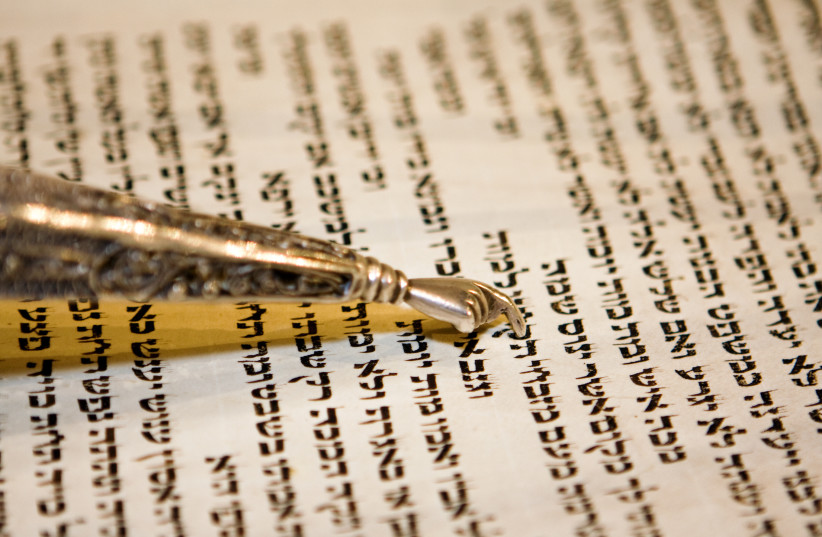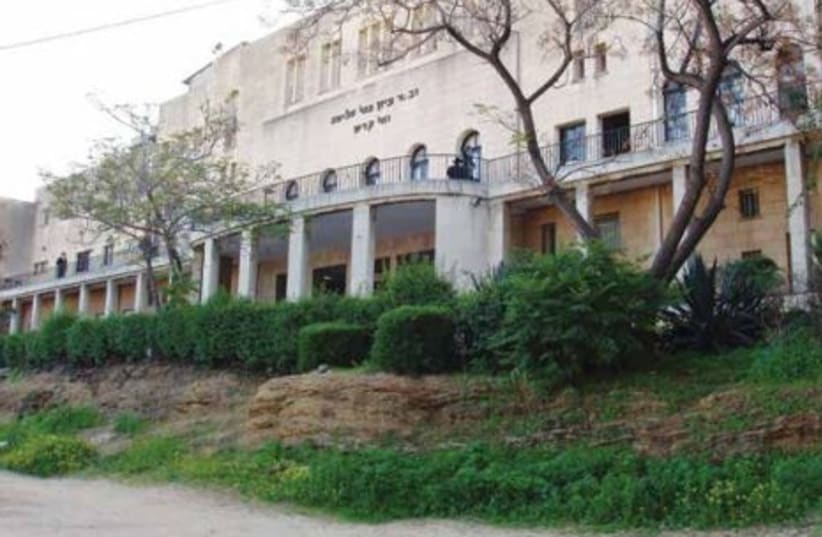Parashat Noah recounts the famous story of the flood: Humanity had behaved corruptly and lawlessly to the point where God “regretted” creating the world and decided to eradicate all of humanity, sparing only Noah, who was a “righteous man” and “walked with God,” along with his nuclear family. To this end, God commanded Noah to build an ark in which to shelter with his family and a representative sample of animals while a great flood of water engulfed the entire world.
After Noah left the ark and offered thanks to God for his salvation, we encounter a different Noah: “And Noah began to be a master of the soil, and he planted a vineyard. And he drank of the wine and became drunk, and he uncovered himself within his tent” (Gen. 9:20-21).
Noah emerged from the ark and descended into profound desolation. He remained alone in a world where all he had known had been obliterated, and he had to start everything from the beginning. His only companion was the bottle, and he sought refuge in the bitter liquid within, shifting from a “righteous man” to a “man of the soil.” Such a state of extremity, where a person loses everything, can lead to an emotional breakdown or, alternately, empower an individual to redirect his energies toward reconstruction.
An emotional breakdown, or sparking reconstruction
We, the Jewish people, have experienced this closely. Following the Holocaust, in which six million Jews were murdered, survivors lost their entire worlds.
Yet many survivors emerged from that profound crisis and dedicated their full strength to the rebirth of the Jewish people, whether by rebuilding their own families – something that was far from certain after such a catastrophe; establishing communities and institutions; or fighting for the founding of the State of Israel.


One such inspiring example was Rabbi Yosef Shlomo Kahaneman (1886-1969), the head of the Ponevezh Yeshiva in Lithuania. Rabbi Kahaneman was one of the leaders of religious Judaism in Lithuania and headed a yeshiva with hundreds of students. During the Holocaust, he was in the United States alone, where he later learned that his entire family, except for one child, as well as most of his students and community members, had been murdered. He immigrated to Israel and decided to create an empire of Torah study. His plan was to establish yeshivot that would serve as a continuation of the world of Torah study that was destroyed in Lithuania. This plan seemed so surreal that his friends, fearing for his mental health, sent him for a psychiatric evaluation. The doctor declared that he was completely sane, even though he was lost in what others perceived as delusions.
Rabbi Kahaneman never wavered and worked with all his might to realize his “delusional” vision.
He established the Ponevezh Yeshiva in Bnei Brak, which remains one of the largest and most renowned yeshivot in the world to this day. He also founded additional yeshivot in Ashdod and other cities in Israel.
This is an inspirational example of a person who was in a profound crisis. After losing everything he had, he could have spent the rest of his life in deep depression, but he chose, amid the crisis, to build and resurrect that which had been ruined.
AT THIS moment, the people of Israel are in crisis. It’s not only the residents of the communities who were murdered with unimaginable brutality in southern Israel, and it’s not only the families of the fallen soldiers and police officers who bravely fought for the defense of the people. The homicidal attack by Hamas targeted every Jew, in an incomprehensible and barbaric form of antisemitism, aiming to annihilate the Jewish people. We were all attacked on that horrific Shabbat – on the front lines, on the home front, in Israel, and around the world – and we are now all engaged in a battle against an enemy seeking to destroy us.
We are confident that the people of Israel will emerge victorious from this crisis. We will return to rebuild the destroyed communities. New life will flourish where lives were cruelly cut short. Along with the profound mourning and the heart-wrenching sorrow, we look forward, empowered by the faith that “the Eternal One of Israel does not lie.” ■
The writer is rabbi of the Western Wall and holy sites
